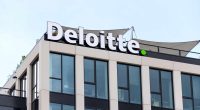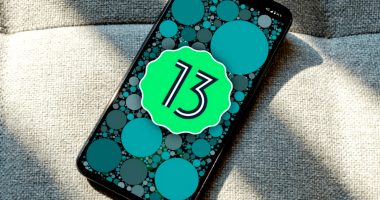On Thursday, verified Twitter accounts started losing their blue checkmarks as the policies enforced by new owner Elon Musk began to take effect.
Since purchasing the company for $44 billion in 2022, Musk has faced challenges in making it profitable. For months, he has been warning of removing what he refers to as “legacy blue checks.” These checkmarks were previously used to verify the authenticity of accounts belonging to celebrities, journalists, and media outlets.
As of now, users who wish to get verified will need to subscribe to Twitter Blue, a contentious program that costs $8 per month. Under this scheme, any account can obtain a blue checkmark.
The implementation of the changes on Thursday was disorderly. Many prominent users expressed their unwillingness to pay for blue checkmarks under the new policy and some even declared their intention to abandon the platform altogether. The nonprofit organizations Human Rights Watch and the NAACP have tweeted that they will not subscribe to Twitter Blue.
SCOTUSblog, a news website that monitors the US Supreme Court proceedings, announced its decision to discontinue posting on Twitter altogether. This comes after NPR, the US radio network, made a similar move last week when it was designated as a “state-affiliated media outlet” under the new policies of the platform.
Removing free verification has raised concerns about misinformation and impersonation. False government accounts, including ones pretending to be the US Internal Revenue Service, emerged on Thursday. Some accounts changed their photos and bios to impersonate prominent figures like Jeff Bezos and John McCain.
Government entities could apply for a free blue check through a special program on Twitter, but some have been unsuccessful. The Bay Area Rapid Transit system tweeted on Thursday that they had applied for such a checkmark but had not received any response from Twitter.
According to experts, the failure to verify such entities raises the possibility of scams and poses a threat to disaster response online. Agencies such as the National Weather System are now without verification checks.
Impersonation has been a persistent issue since Musk’s acquisition of the company. In November, the platform had to temporarily halt changes to the subscription program because of a surge of “verified” accounts that were actually posing as genuine users and organizations.






